Eco-Friendly Practices: the Importance of Reducing Waste in Your Everyday Life
/In an era where environmental conservation has become not just a necessity but a global movement, adopting eco-friendly practices in our daily lives plays a pivotal role in reducing waste and conserving natural resources.
The importance of such practices has been highlighted by the increasing challenges of waste management and pollution, which threaten both our environment and overall health.
This introduction to eco-friendly practices focuses on the fundamental yet impactful approach of reducing waste through various means, including recycling, repurposing, and mindful consumption.
Emphasizing the significance of individual actions, it sets the stage for a deeper exploration into specific practices that can make a substantial difference in our environmental footprint.
Recycling Bottles: A First Step towards Reducing Waste
Recycling bottles represents a critical step in our journey towards sustainable living.
By reprocessing materials that would otherwise end up in landfills, we not only reduce waste but also conserve resources and energy.
This practice spans various types of bottles, each with its unique recycling process and potential for repurposing.
Among these, wine bottles hold a special place due to their ubiquity and the creative reuse options they present.
Recycling Wine Bottles
Wine bottles, with their diverse shapes, colors, and sizes, offer a plethora of opportunities for recycling and repurposing.
The process of recycling these bottles involves several steps, starting from collection and sorting to crushing and melting down the glass for the manufacture of new products.
Not only does this reduce the need for raw materials, it also lessens the energy consumption required for producing new glass items.
Wine bottles can be creatively repurposed into decorative items, garden borders, or even sustainable building materials, showcasing the blend of environmental responsibility with creativity.
Recycling Glass Bottles
Glass bottles represent a significant part of the recycling industry due to their prevalence in packaging for beverages, food, and other products.
Unlike many other materials, glass can be recycled indefinitely without losing its purity or quality.
This unique property makes glass recycling an efficient and environmentally friendly process.
However, the success of glass recycling heavily depends on the participation of consumers and the availability of efficient recycling systems.
According to recent statistics, about 110 million glass bottles are discarded every day in the United States, but only a third of these are actually recycled.
This low recycling rate is concerning, especially considering that recycling glass is both economically and environmentally more beneficial than producing new glass from raw materials. The energy savings from recycling glass are substantial, as the process requires significantly less energy compared to manufacturing glass from virgin materials like sand and limestone.
Recycling glass reduces the demand for these raw materials, thereby conserving natural resources and reducing the environmental impact associated with their extraction.
Recycling Aluminum Bottles
Aluminum is another material that boasts high recycling rates, primarily due to its value and the energy savings associated with recycling.
Aluminum bottles and cans are among the most recycled items worldwide, with aluminum recycling offering a 95% energy savings over producing new aluminum from bauxite ore.
This significant energy savings underscores the environmental benefits of recycling aluminum, including reduced greenhouse gas emissions and conservation of natural resources.
In 2021, the consumption of aluminum in the United States was reported at 4.3 million metric tons, marking an increase from the previous year.
Despite the high demand for aluminum, a staggering 7 million tons of aluminum are still not recycled annually.
This gap highlights the potential for improving recycling practices and increasing awareness among consumers and industries about the benefits of recycling aluminum.
Aluminum, like glass, can be recycled indefinitely without degradation in quality, making it a highly sustainable material for packaging and other uses.
The process of recycling aluminum involves melting down the old aluminum and casting it into new shapes, which requires only a fraction of the energy needed to produce new aluminum.
This cycle can be repeated endlessly, offering a sustainable solution to managing aluminum waste.
The Growing Tide of Plastic Waste: A Global Concern
Plastic waste has emerged as one of the most pressing environmental challenges of the 21st century, intertwining with issues of pollution, wildlife endangerment, and climate change.
This synthetic material, praised for its durability and versatility, now poses a significant threat to our ecosystems, particularly our oceans.
The escalation of plastic production, the menace it poses to marine life, and the innovative steps being taken to address this crisis underscore the urgency of the matter.
The Exponential Rise in Plastic Production
Since its invention in the early 20th century, plastic production has skyrocketed, growing from 2 million metric tons per year in 1950 to 460 million metric tons in 2019.
This surge has resulted in approximately 9.5 billion metric tons of plastic, with around 7 billion metric tons becoming waste.
The convenience of plastic, especially single-use products, contributes significantly to this accumulation, highlighting a culture of disposability that underpins modern consumption patterns.
The Impact on Marine Life
The consequences of plastic waste are nowhere more visible than in our oceans, where over 1 million marine animals lose their lives each year due to plastic pollution.
From seabirds to mammals, the toll on marine biodiversity is devastating.
These figures only account for deaths directly caused by plastic debris, excluding the broader environmental impacts of plastic production and transportation, which likely exacerbate the situation.
Innovative Solutions and Global Actions
In the face of this crisis, the world has begun to mobilize.
Efforts to mitigate plastic pollution range from local bans on single-use plastics to global commitments aimed at making plastic packaging 100% reusable, recyclable, or compostable by 2025 – though these targets are challenging and, in some cases, may not be met.
Furthermore, the financial implications of plastic pollution are becoming increasingly apparent, with projected costs to the industry due to lawsuits reaching an estimated $100 billion.
Governments, corporations, and non-profits are exploring a variety of strategies to address the issue. Initiatives include the development of home-compostable plastics, though challenges remain in ensuring these materials fully break down in real-world conditions.
Mechanical solutions like the Seabin have been implemented to collect ocean plastics, though they also inadvertently harm marine life.
Legislation plays a critical role in this battle, with states like California leading the way in holding producers accountable for plastic waste. Internationally, the United Nations Environment Assembly's commitment to developing a legally binding treaty to end plastic pollution represents a significant step forward, emphasizing the global consensus on the urgency of this issue.
Waste Reduction as a Global Strategy
The urgency to adopt eco-friendly practices has never been greater, as the escalation of waste, particularly from plastics, glass, and aluminum, poses severe threats to our environment and marine life.
While individual efforts in recycling and repurposing are crucial, they must be part of a larger, global strategy to reduce consumption and waste.
The innovative solutions and legislative actions being explored worldwide offer hope, but achieving significant change requires collective action and a shift in societal attitudes towards sustainability.
By embracing eco-friendly practices, we can all contribute to a healthier planet and a sustainable future.
About the Author:
Darjan Kubik, armed with a Bachelor's degree in English, enriches Green and Prosperous with his profound flair for content creation. His passion for green living and sustainability infuses his writing, bringing vivid narratives and insightful perspectives to our readers.









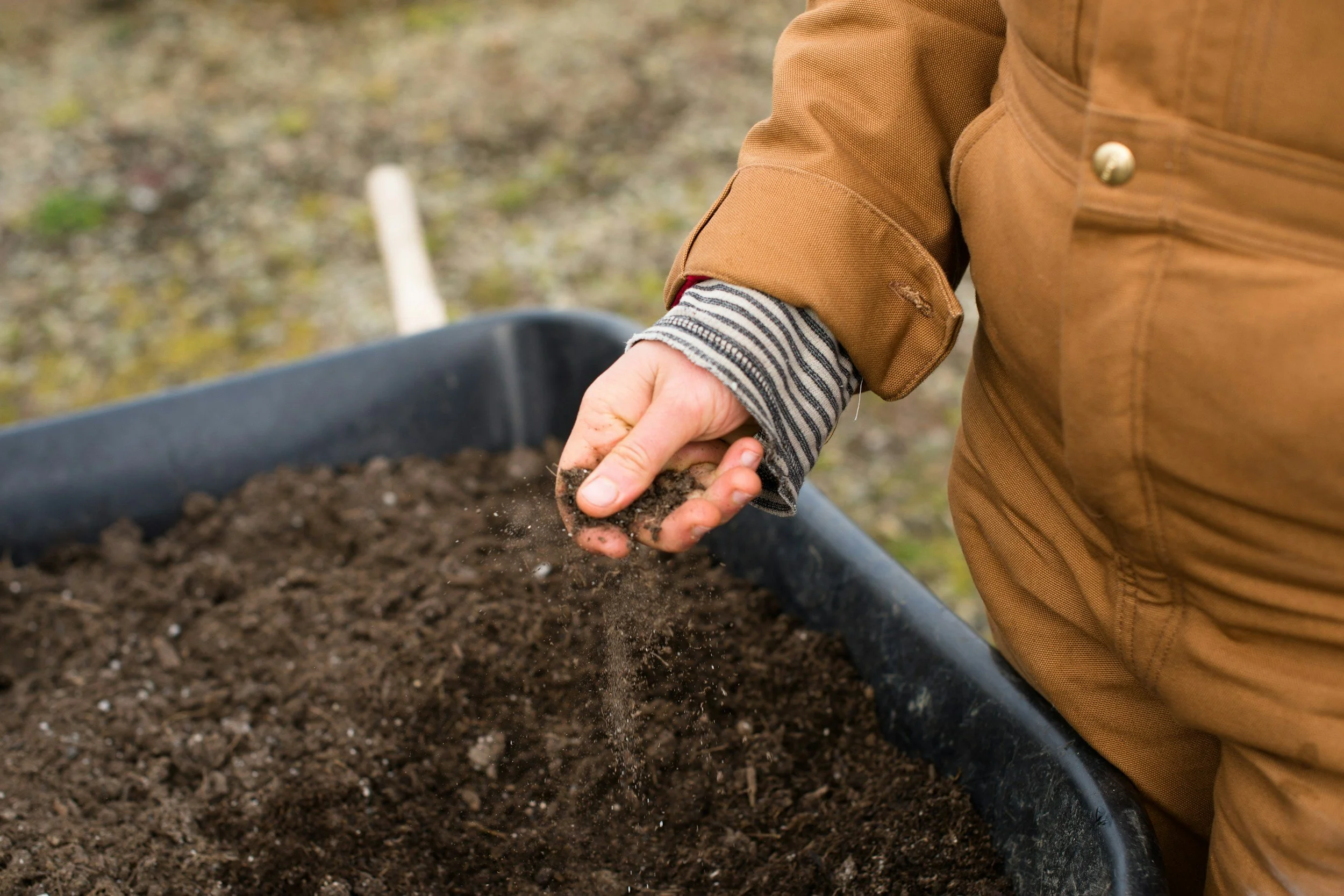
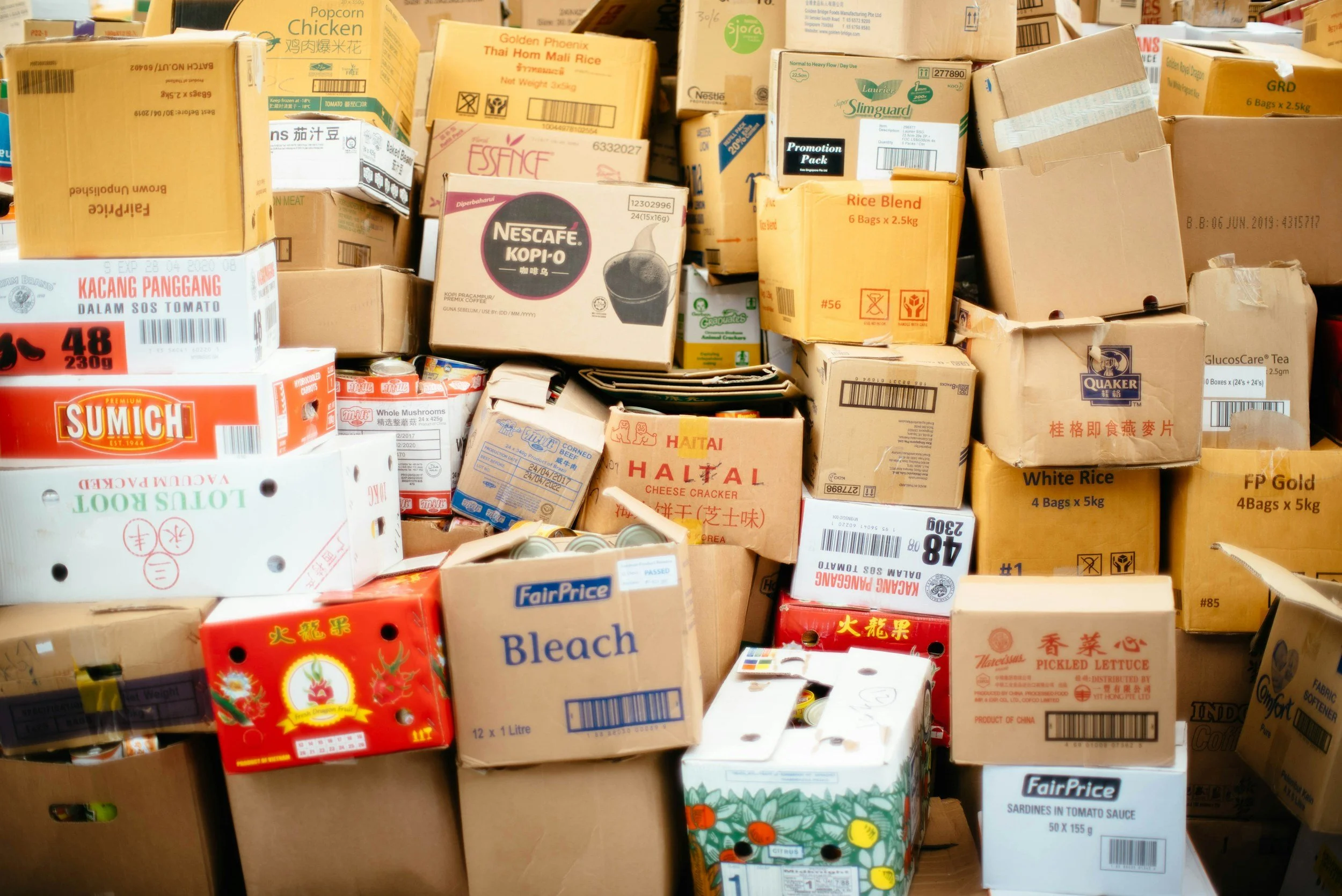
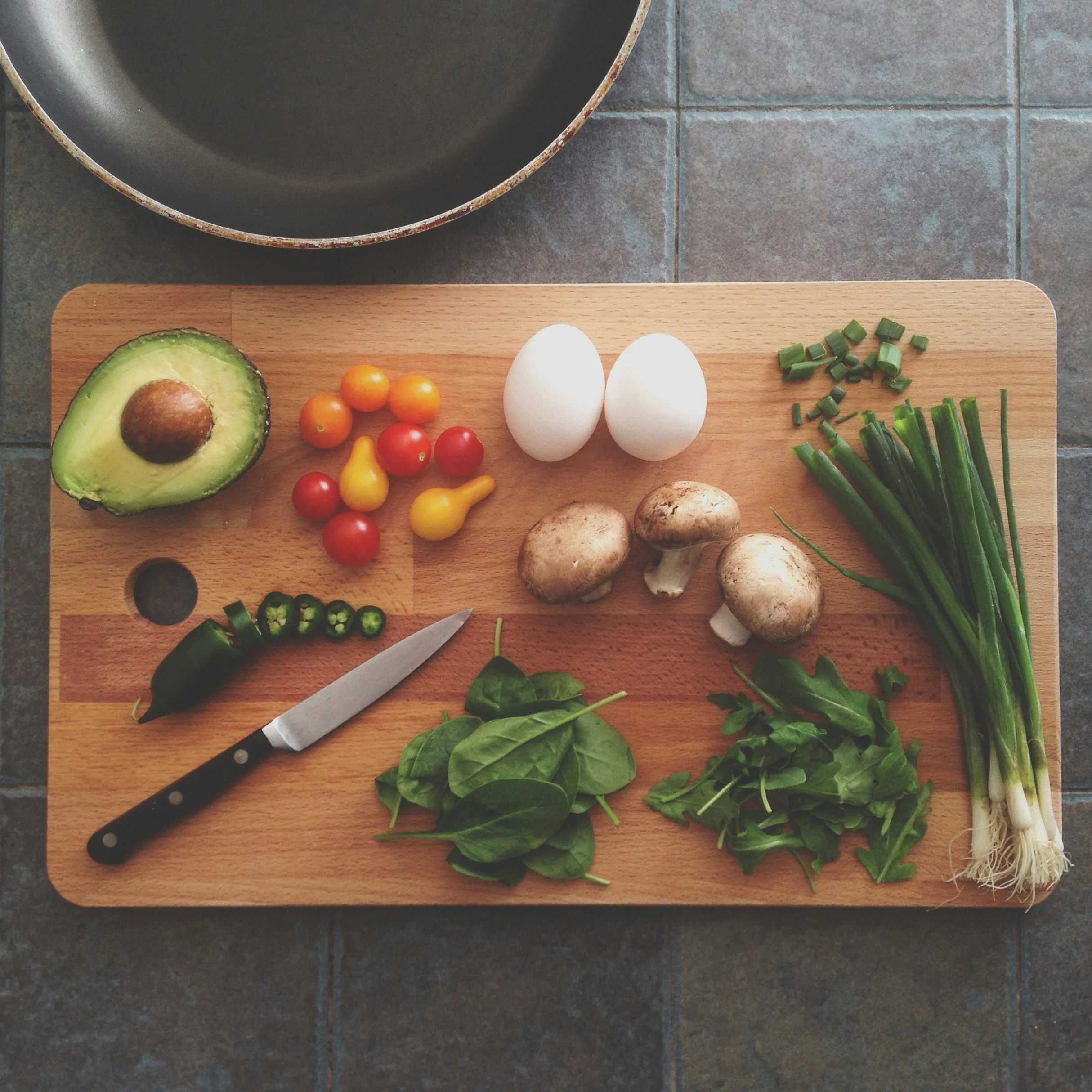
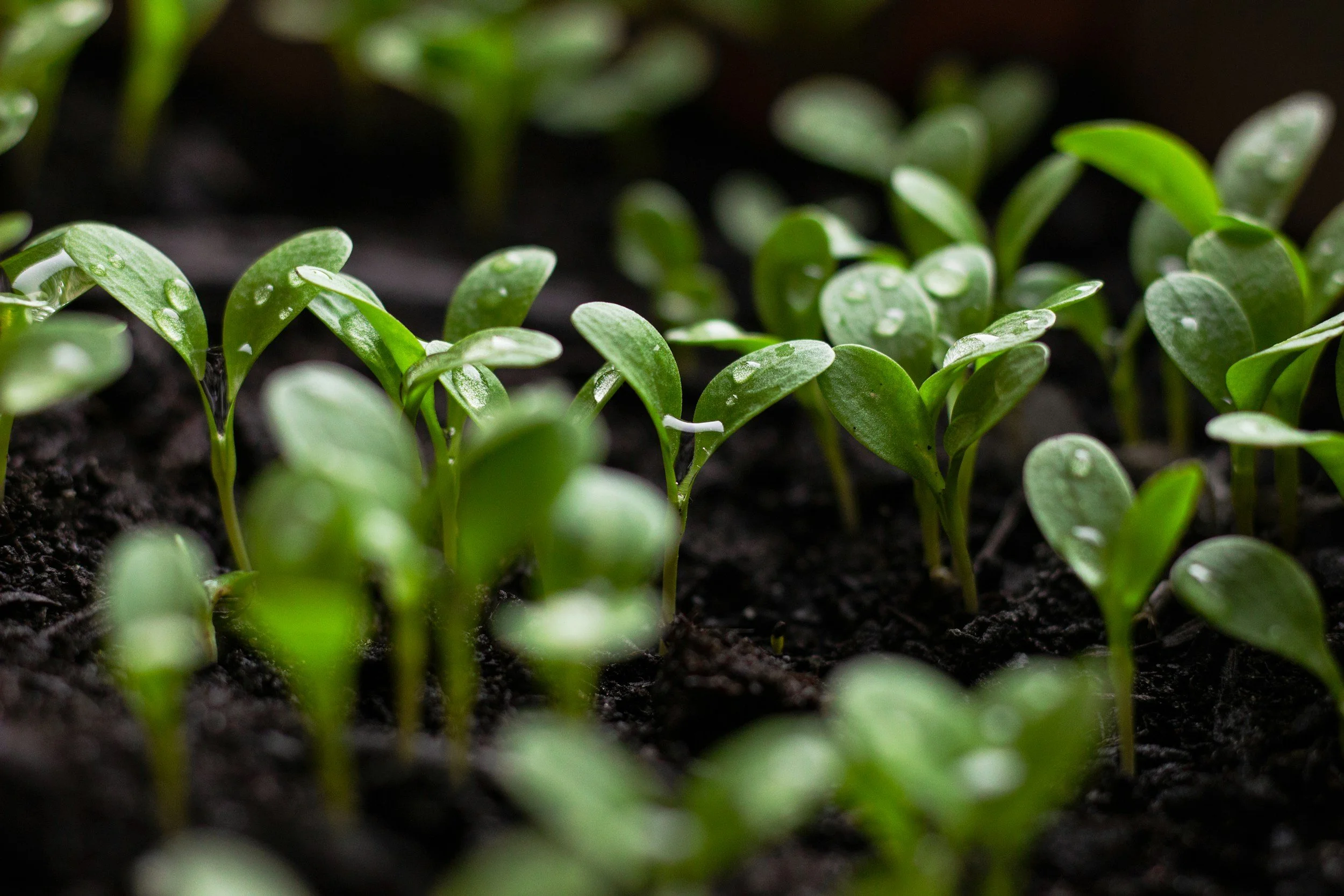
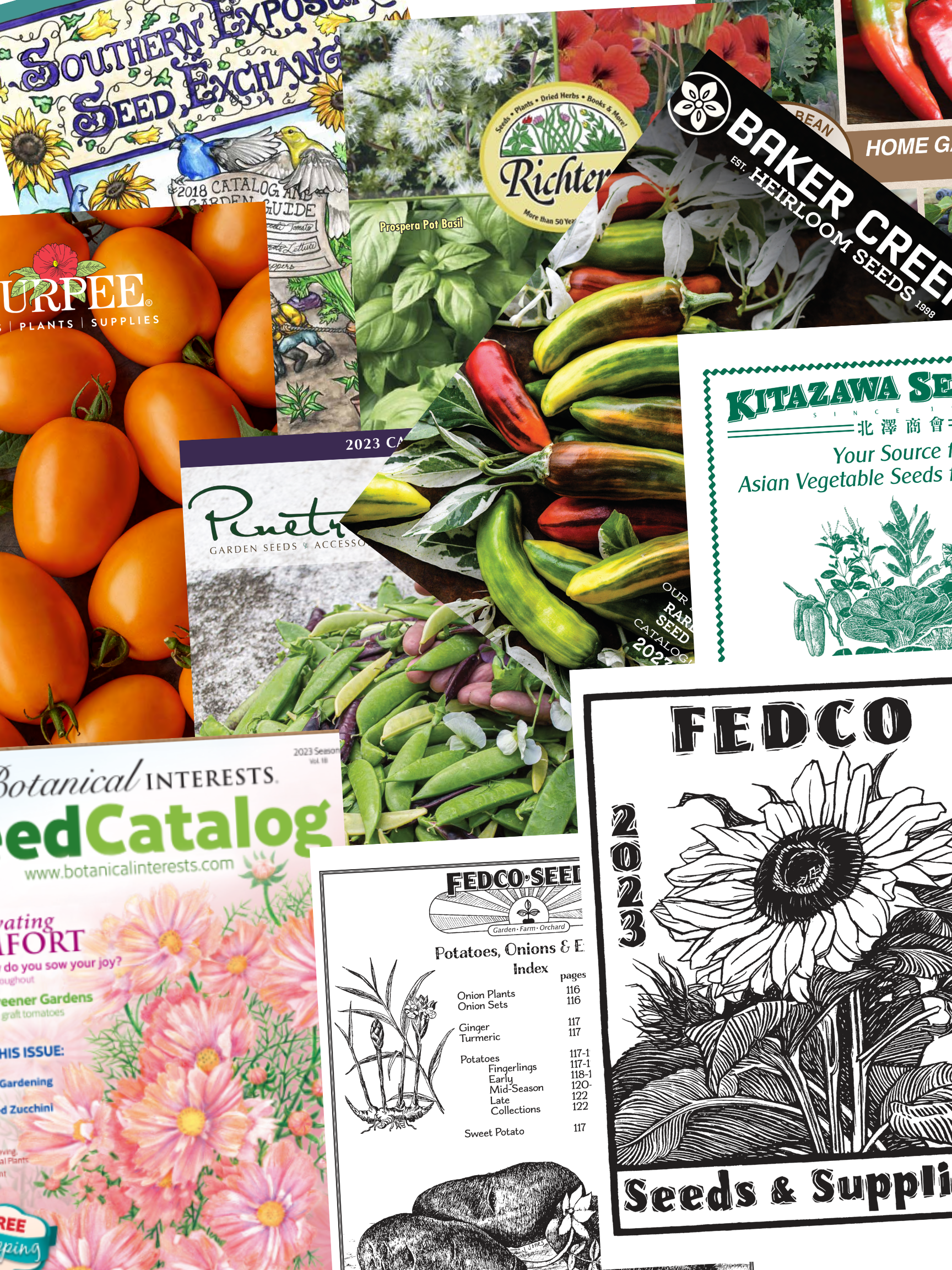



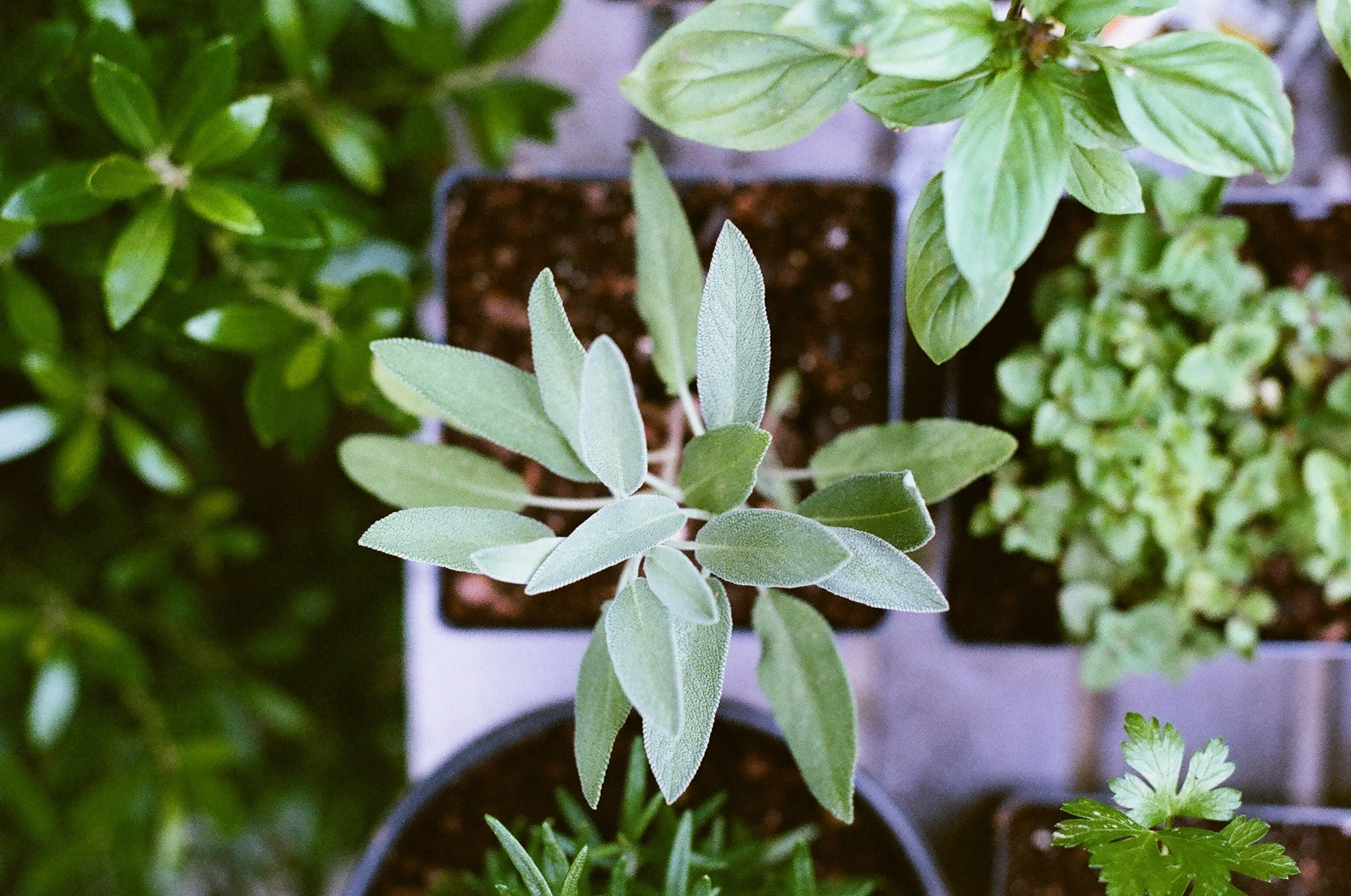

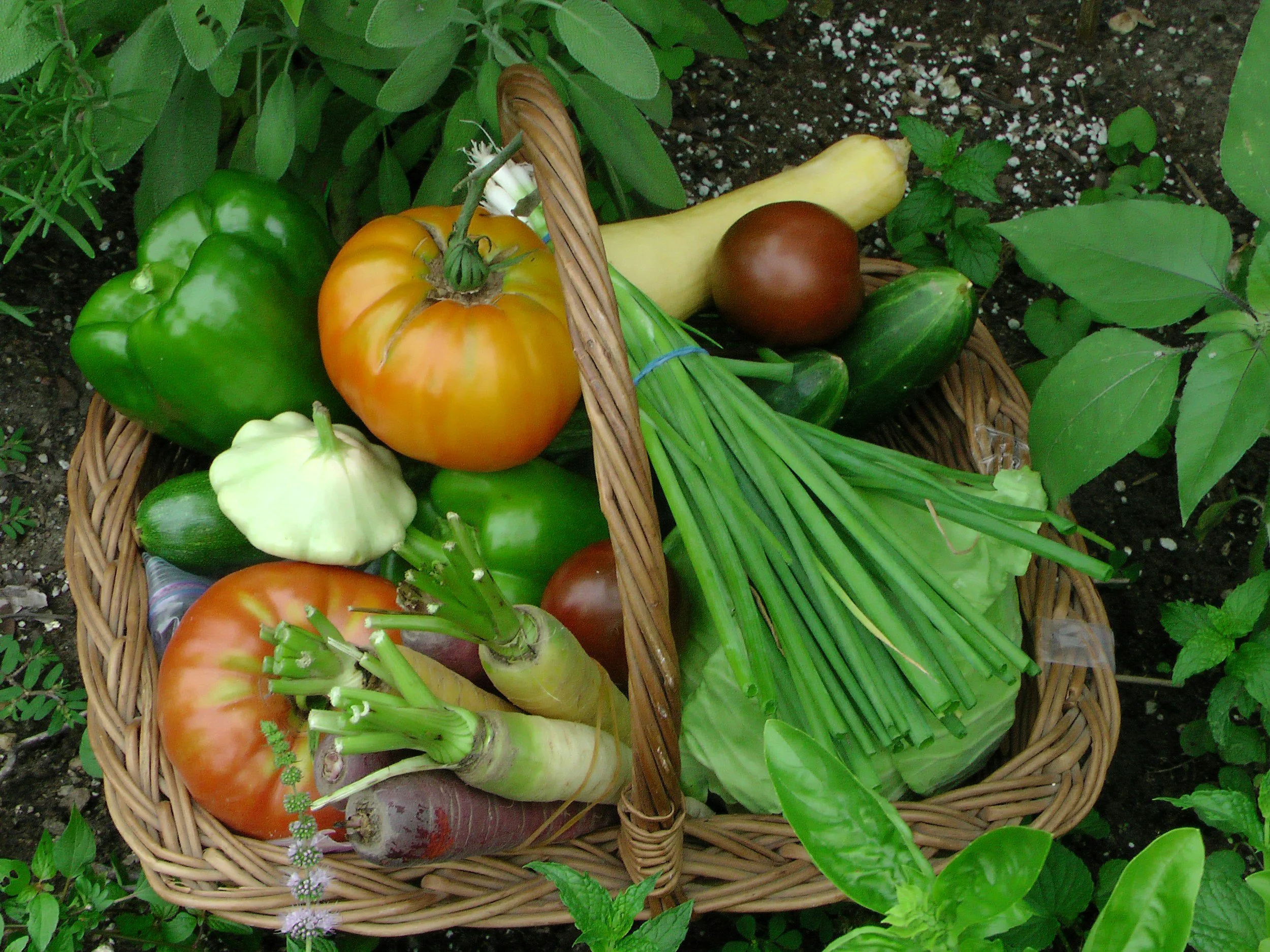

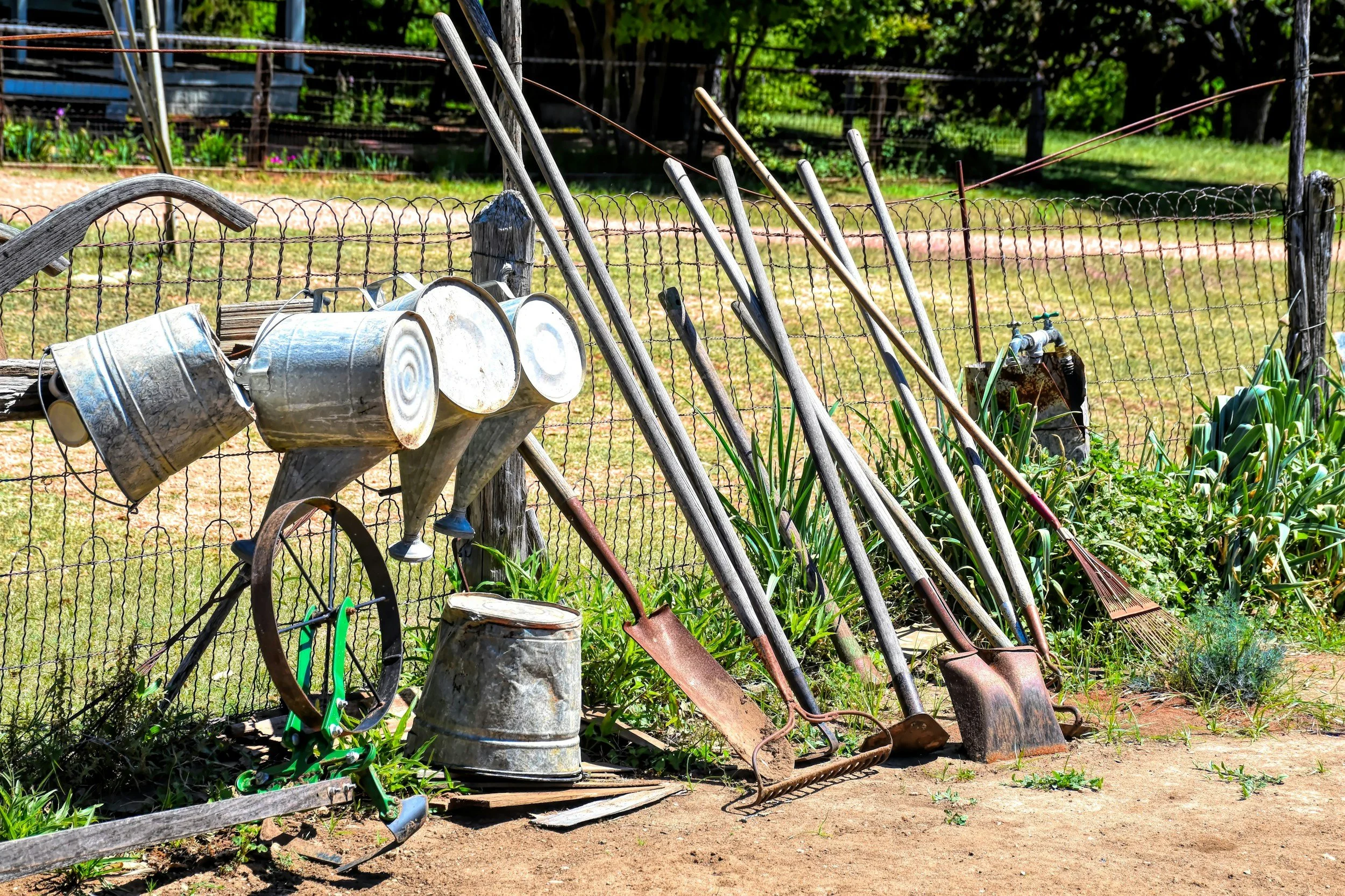
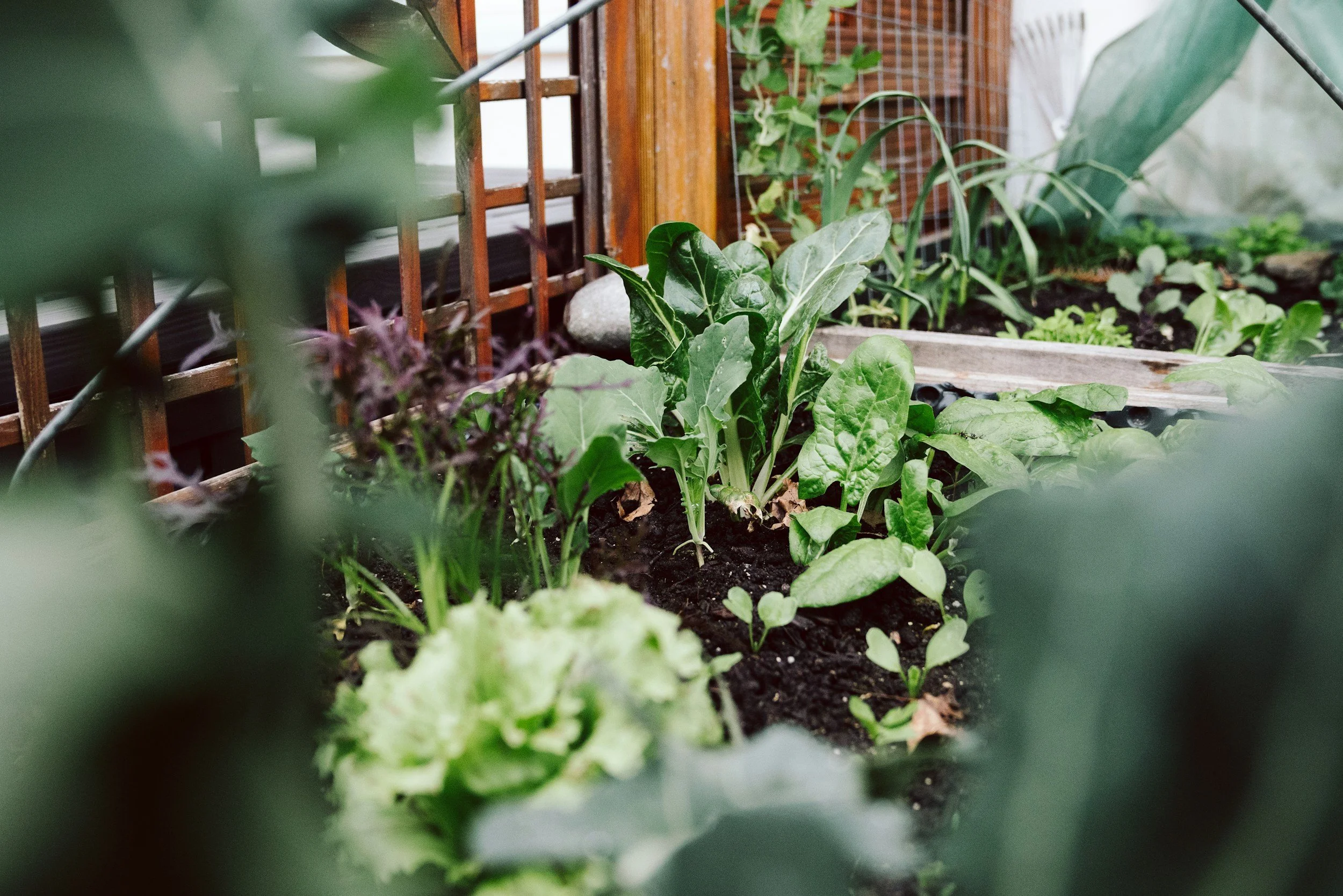

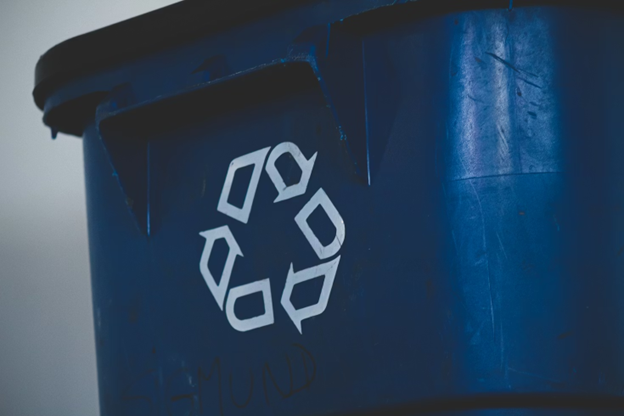
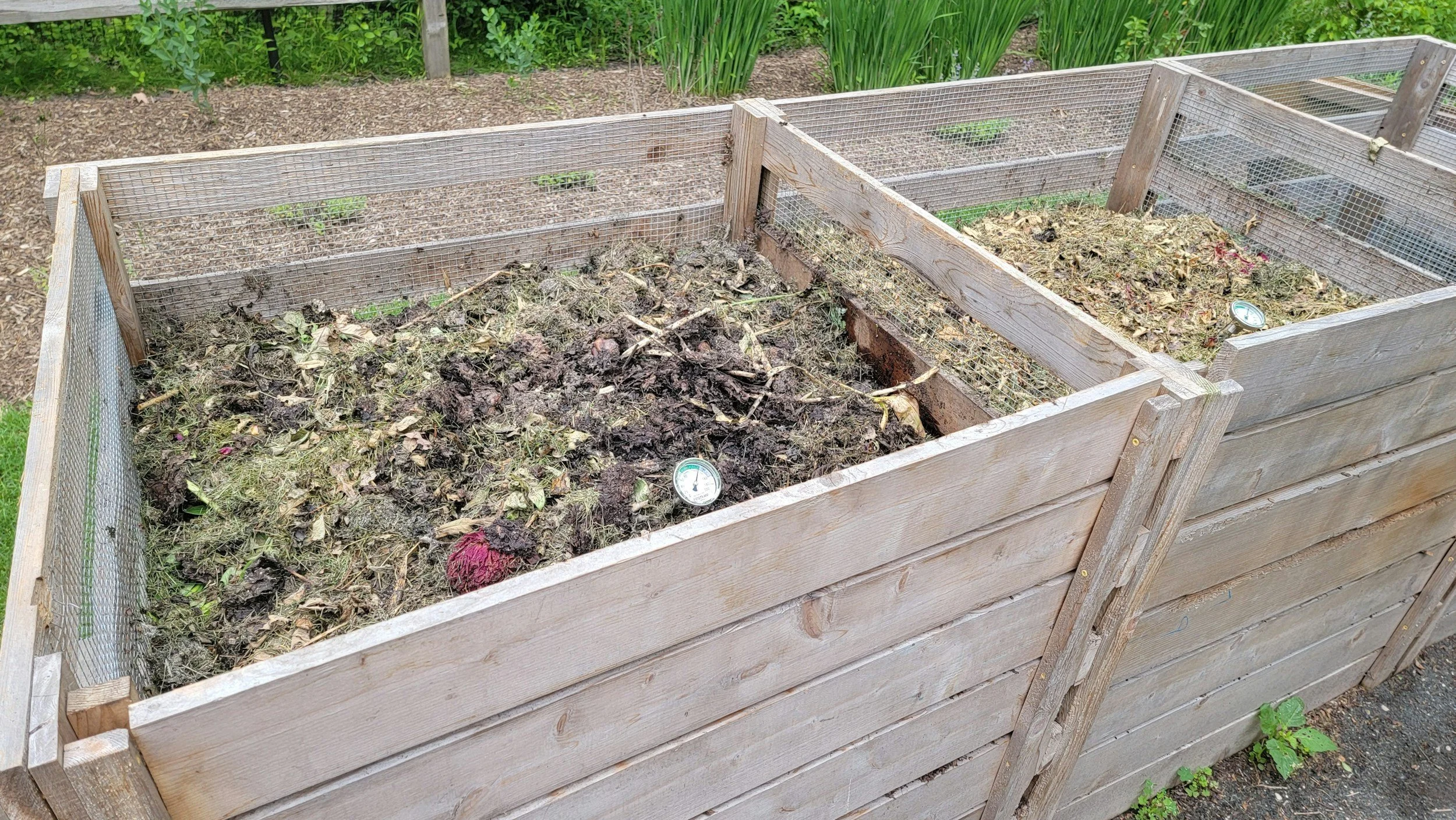
















Several steps follow each other in the making of a green business, and yet waste management remains one of the most critical. Too many small (and even big) businesses promote themselves as “green brands,” only to fall off where it matters the most and generate too much non-recyclable waste.